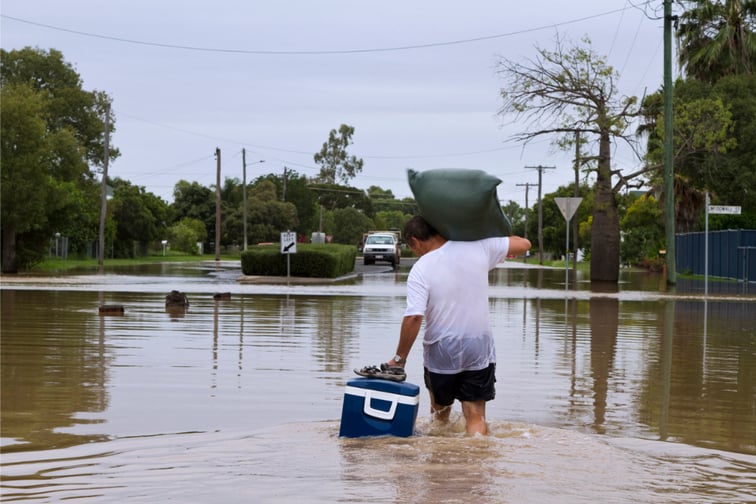

The rising frequency of catastrophic weather has taken a toll on the insurance space. However, Orchid Insurance, one of IBA’s 5-Star Wholesale Brokers and MGAs for 2022, has weathered the storm very well.
Ross Bowie, chief underwriting officer for Orchid, recently chatted with IBTV about how catastrophic weather has impacted the market, and how Orchid has reacted.
Bowie said that a lull in catastrophic weather events between 2010 and 2019 may have created a false sense of security for many insurers.
“As we came out of the decade between 2000 and 2009, we had one of the highest frequency periods of [severe weather] – almost 24 events hitting the US,” Bowie said. “And then you went into this lull … between 2010 and 2019, where we had only nine events hit the US – and it kind of created this whole sense of, ‘Hey, do storms not happen every year?’”
Orchid’s strategy, however, was to build resilience into its portfolio.
“We build portfolios to be resilient even in a year that we have events,” he said. “So we’ve always assumed that based on the historical average, we’ll get anywhere between one to two landfalling events a year. So if we think about profitability, we think about pricing, we are always back in that level of frequency.
“So there was a period there from 2011, 2012 to 2017 where our pricing view didn’t really work, because we were still pricing in a much higher frequency than what I think the market was expecting,” he said. “And now that we’re getting back into this period of, I would say, average frequency, you’re starting to see our pricing model work a lot better.”
Bowie said Orchid’s pricing model allowed it to make money even in years with high incidences of catastrophic events.
“I think that there was a period of time, especially in 2011-2012, when a lot of companies came into the market where the entire business model was based around, ‘Hey, we’re going to make a lot of money in years we don’t have any events,’” he said. “That’s never been our view, and it’s never been the way we operate our business. We operate our business saying, ‘Hey, we’re going to build a portfolio that, regardless of the event that comes through, we’re going to still try to finish within our pricing range of an 85% combined ratio and being able to pick out risks.”
